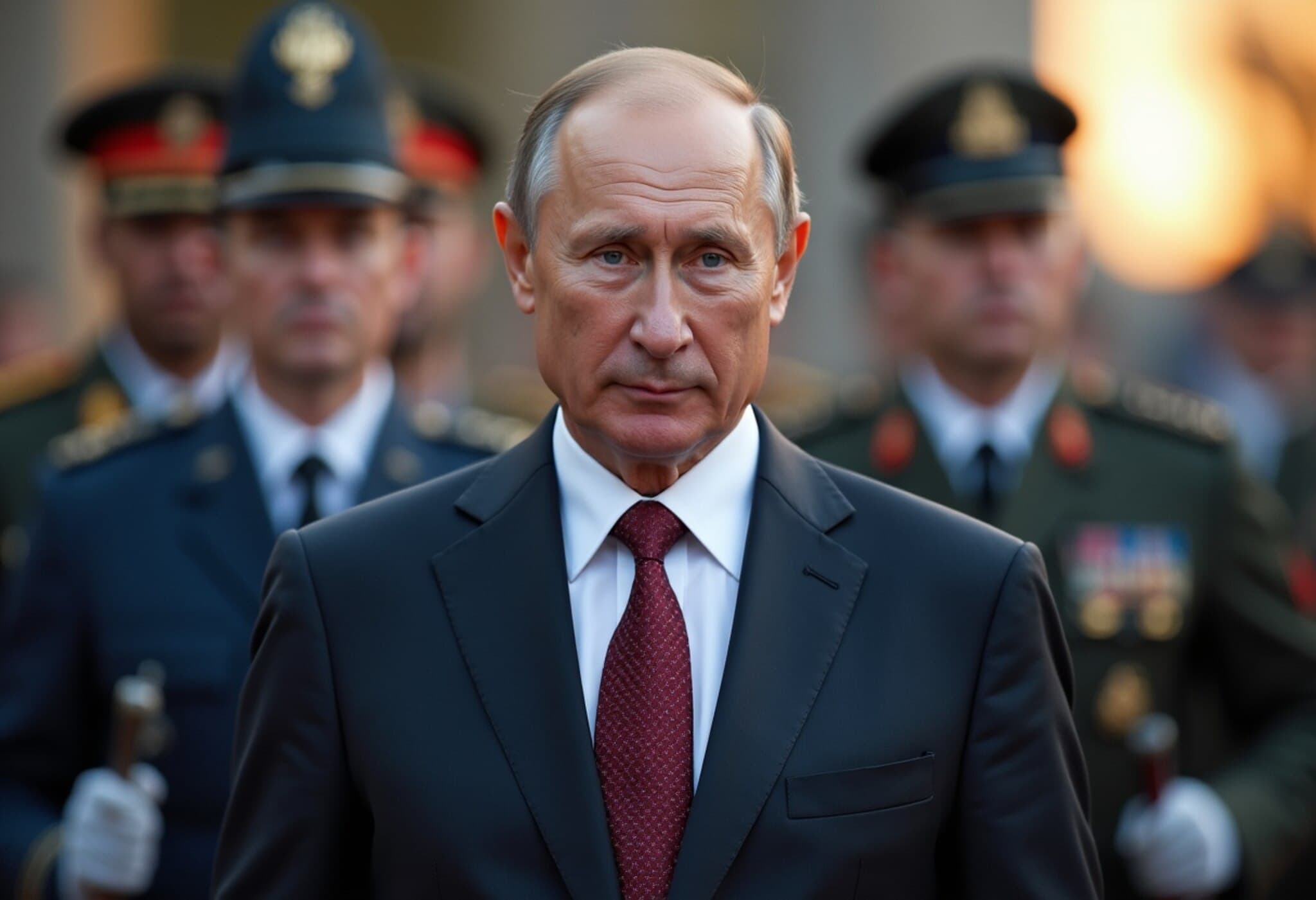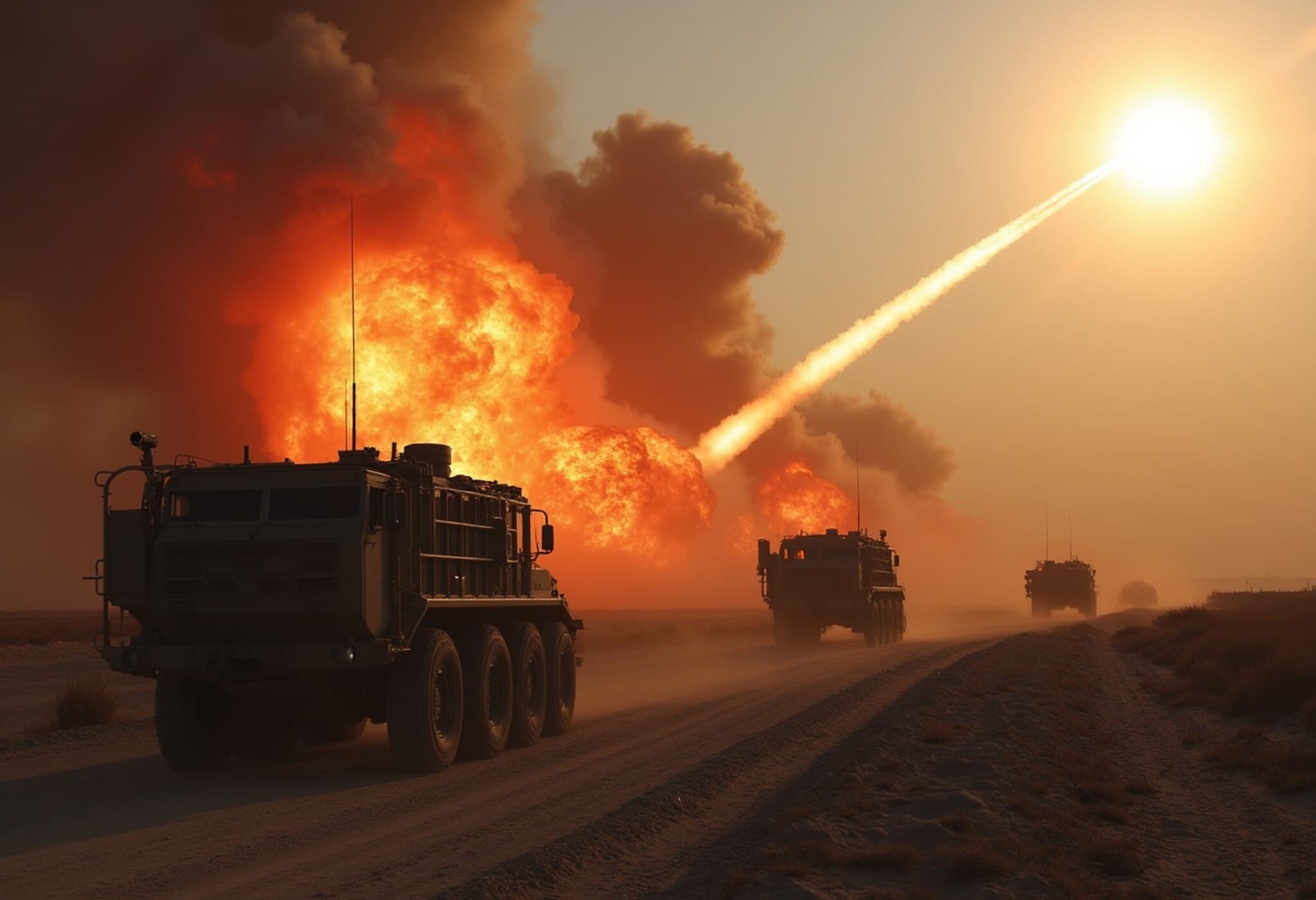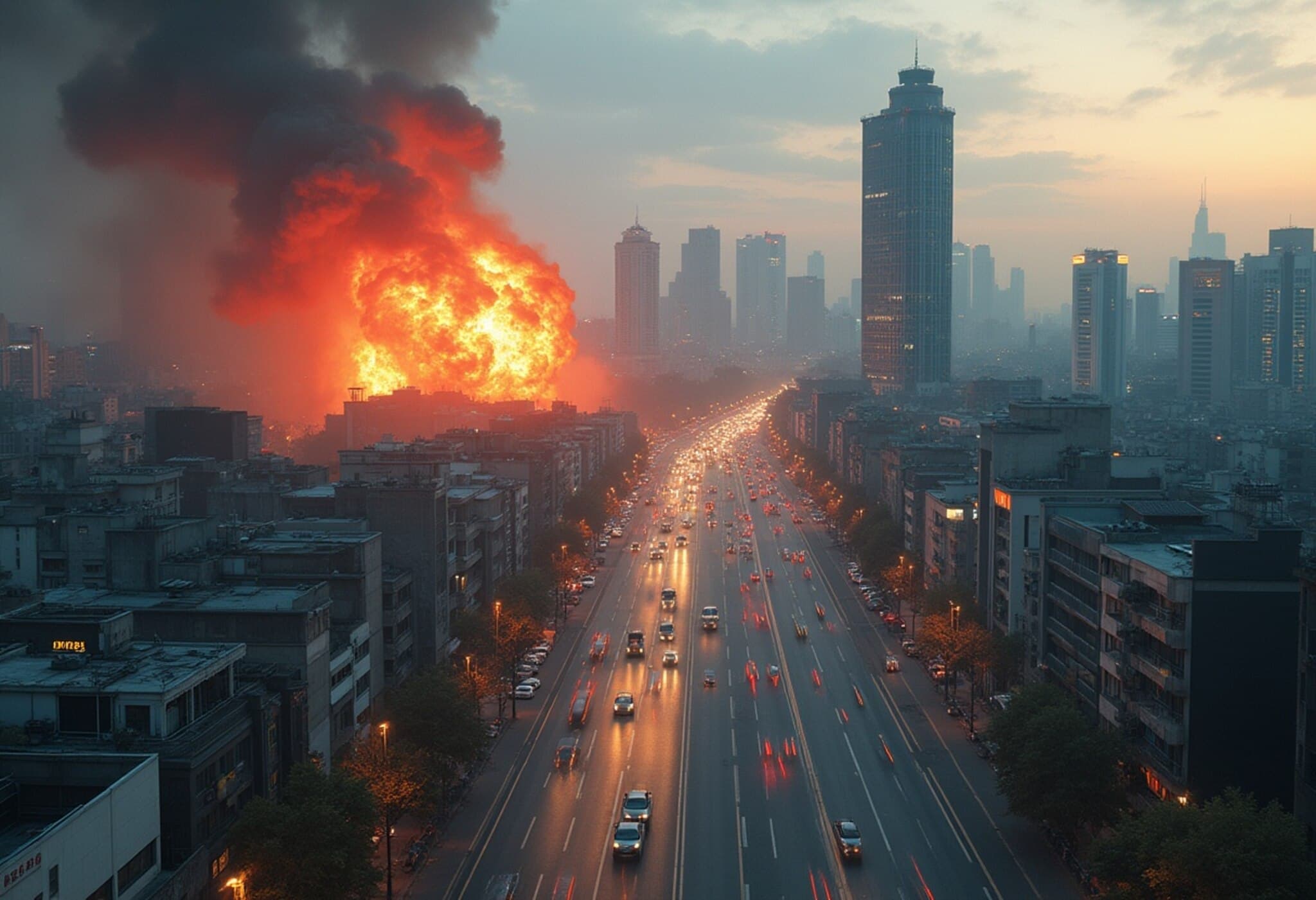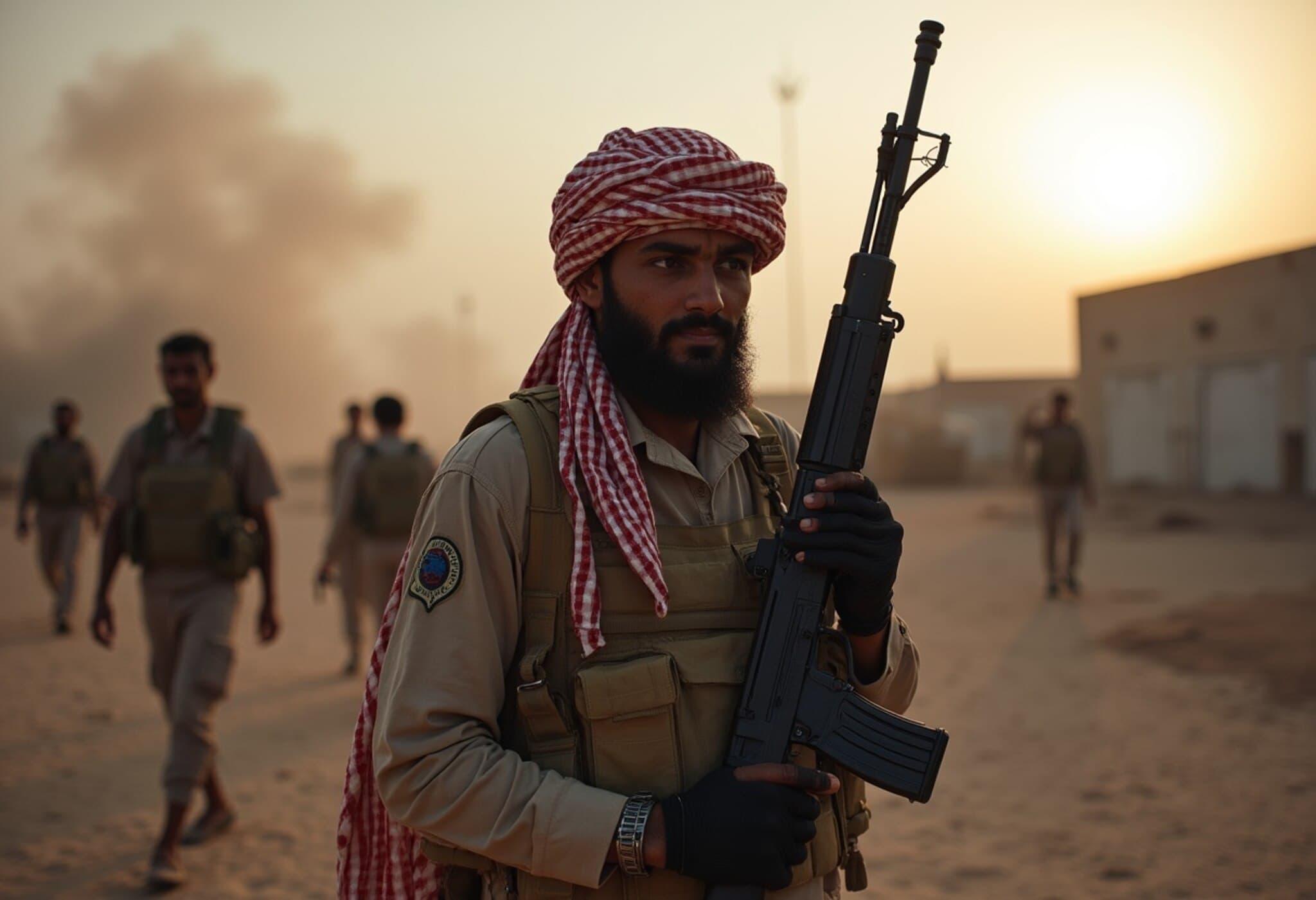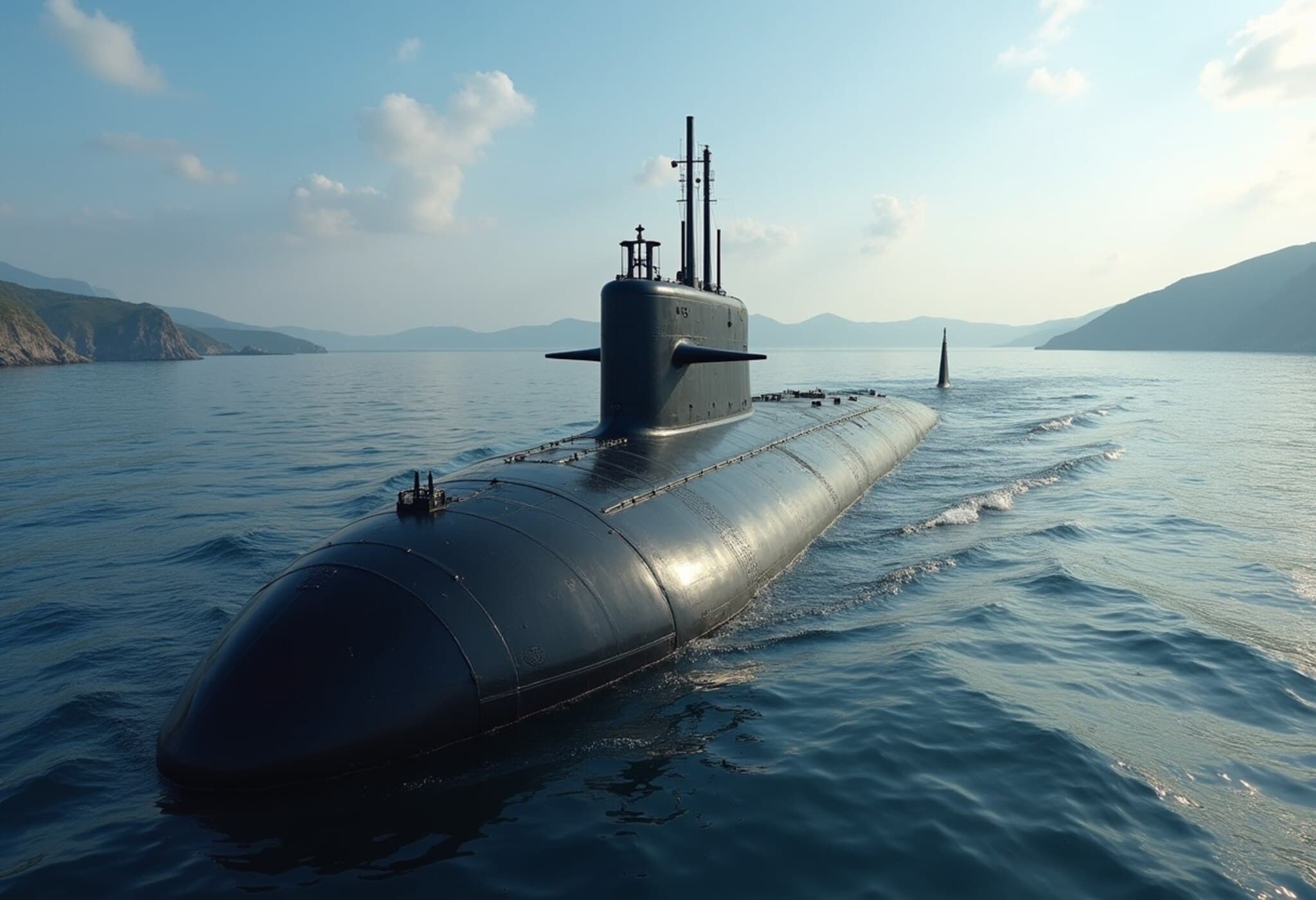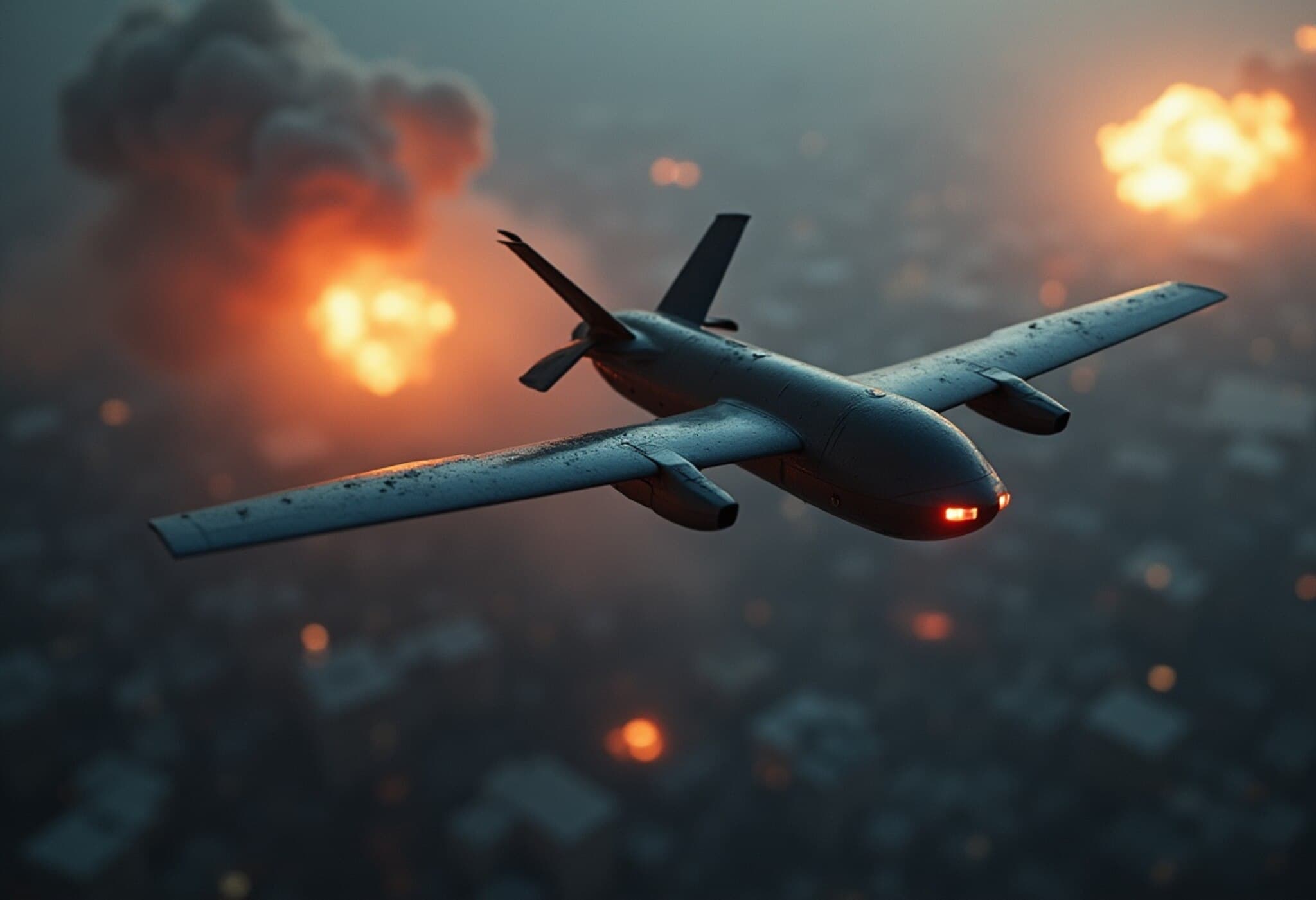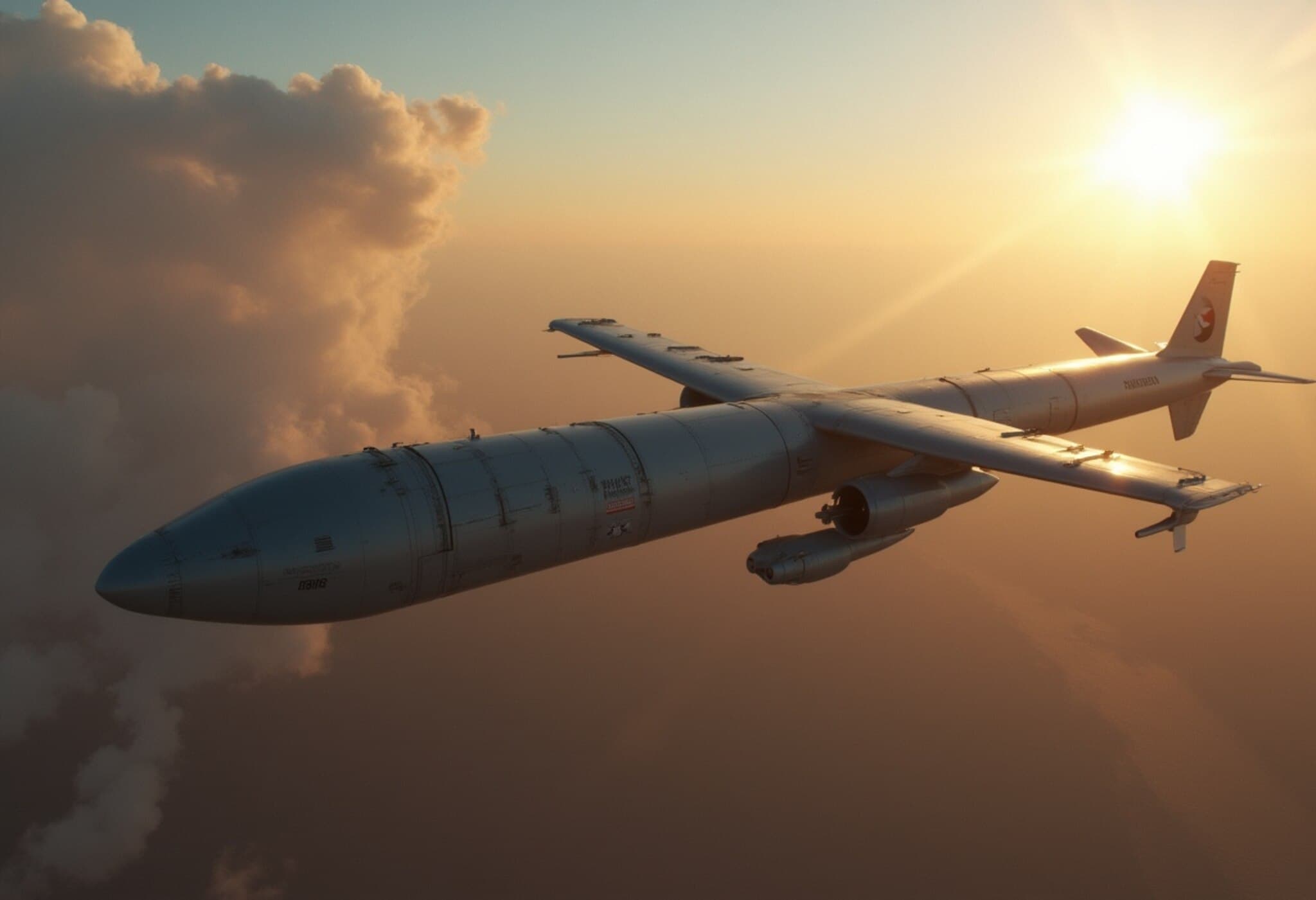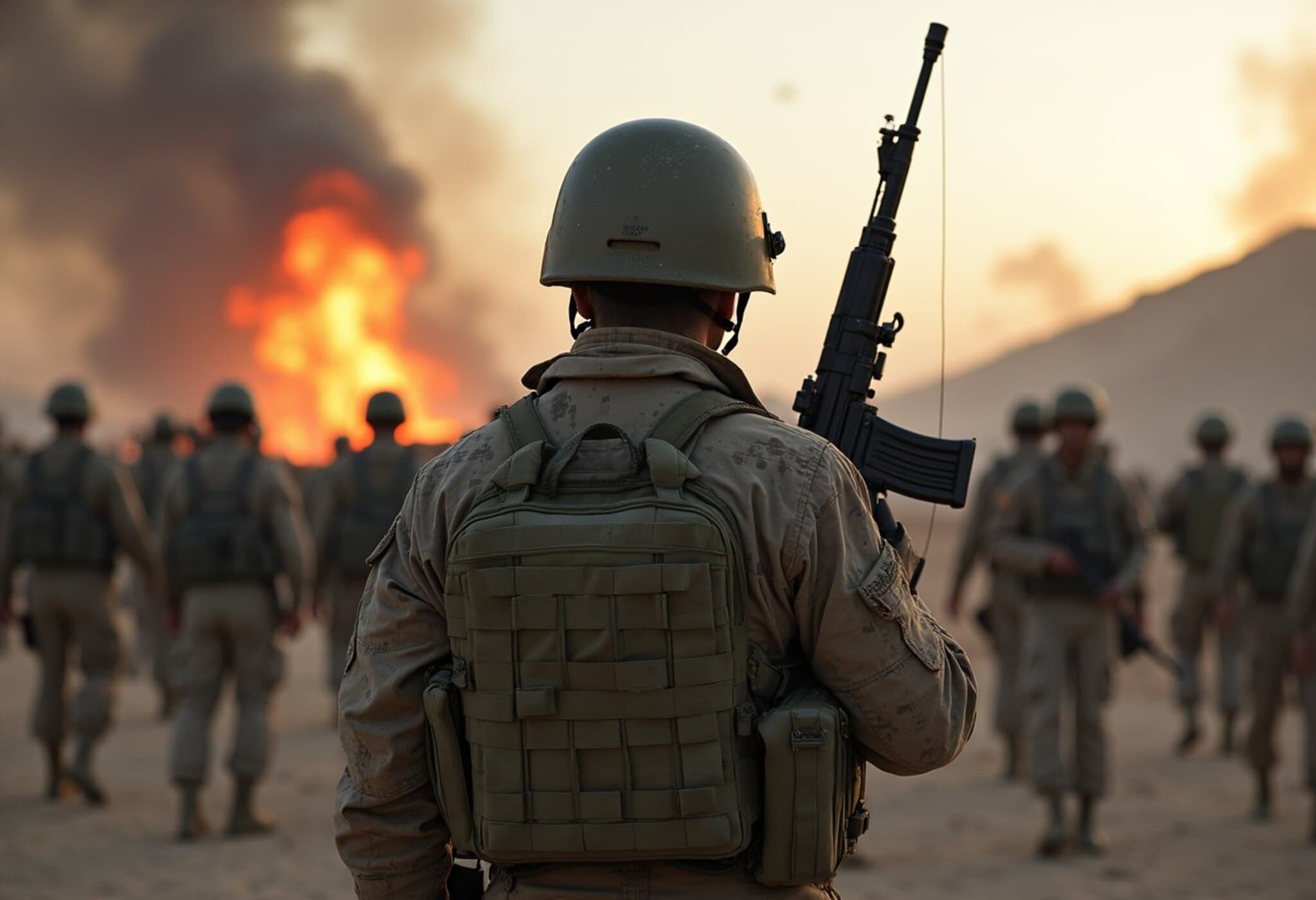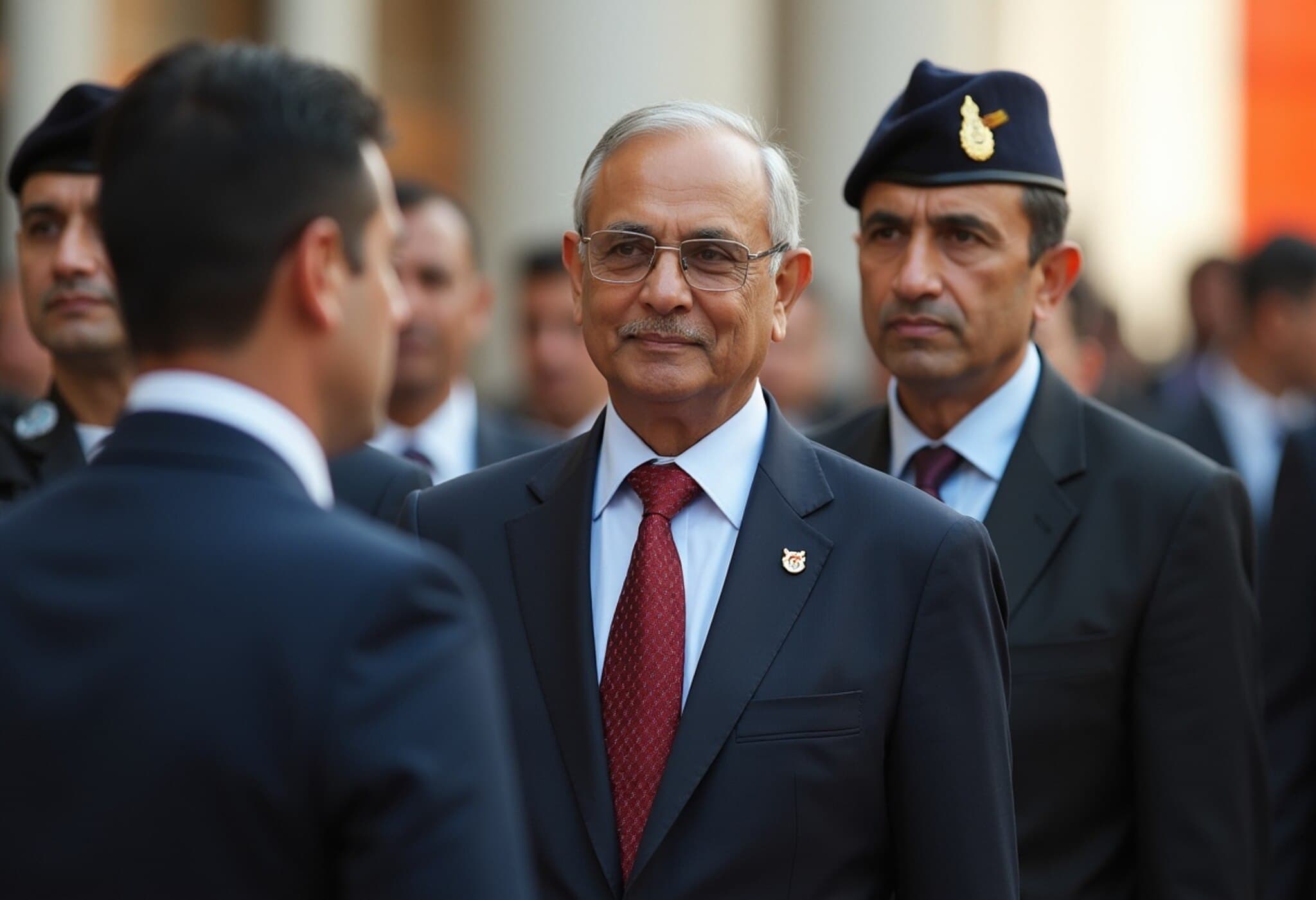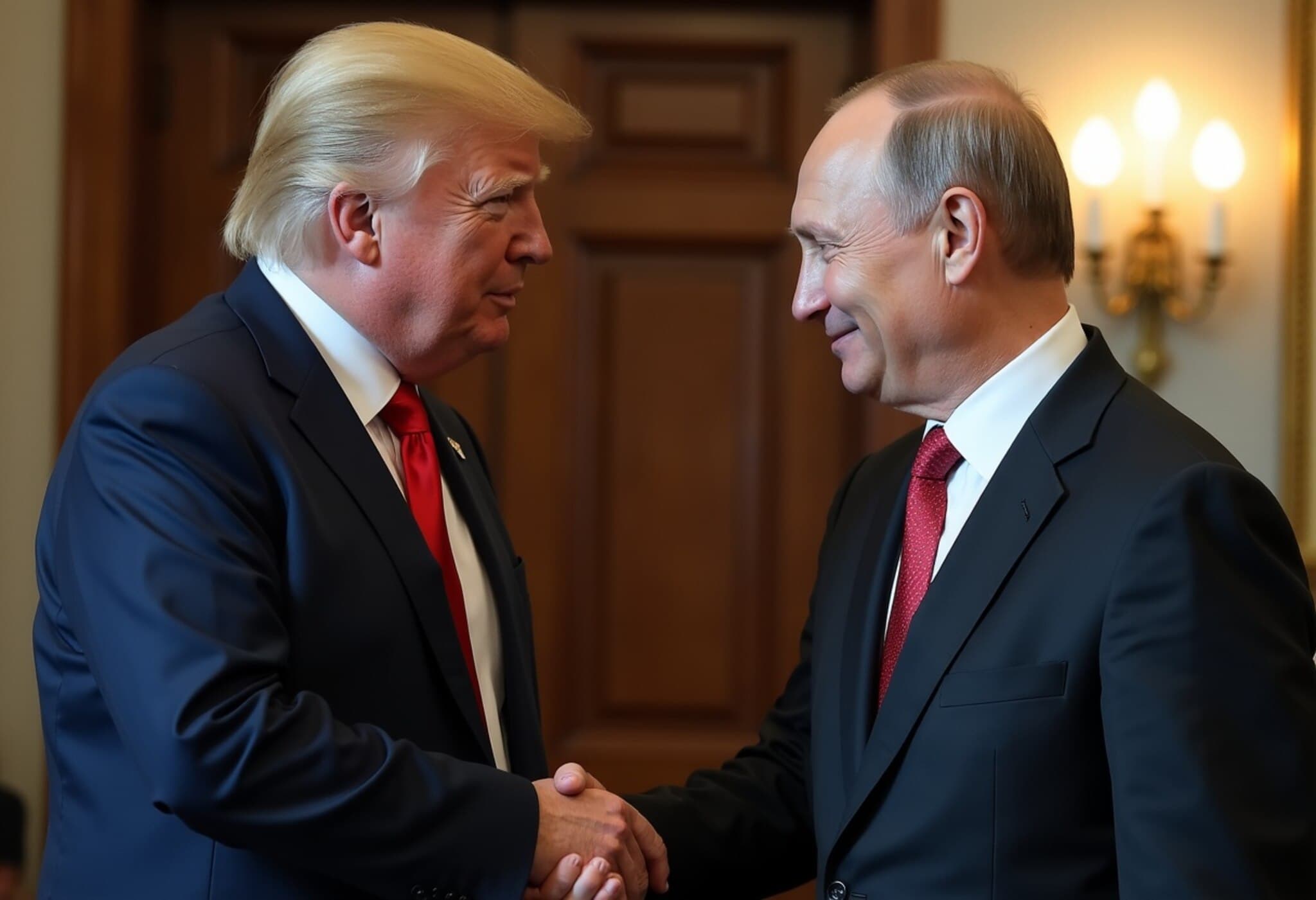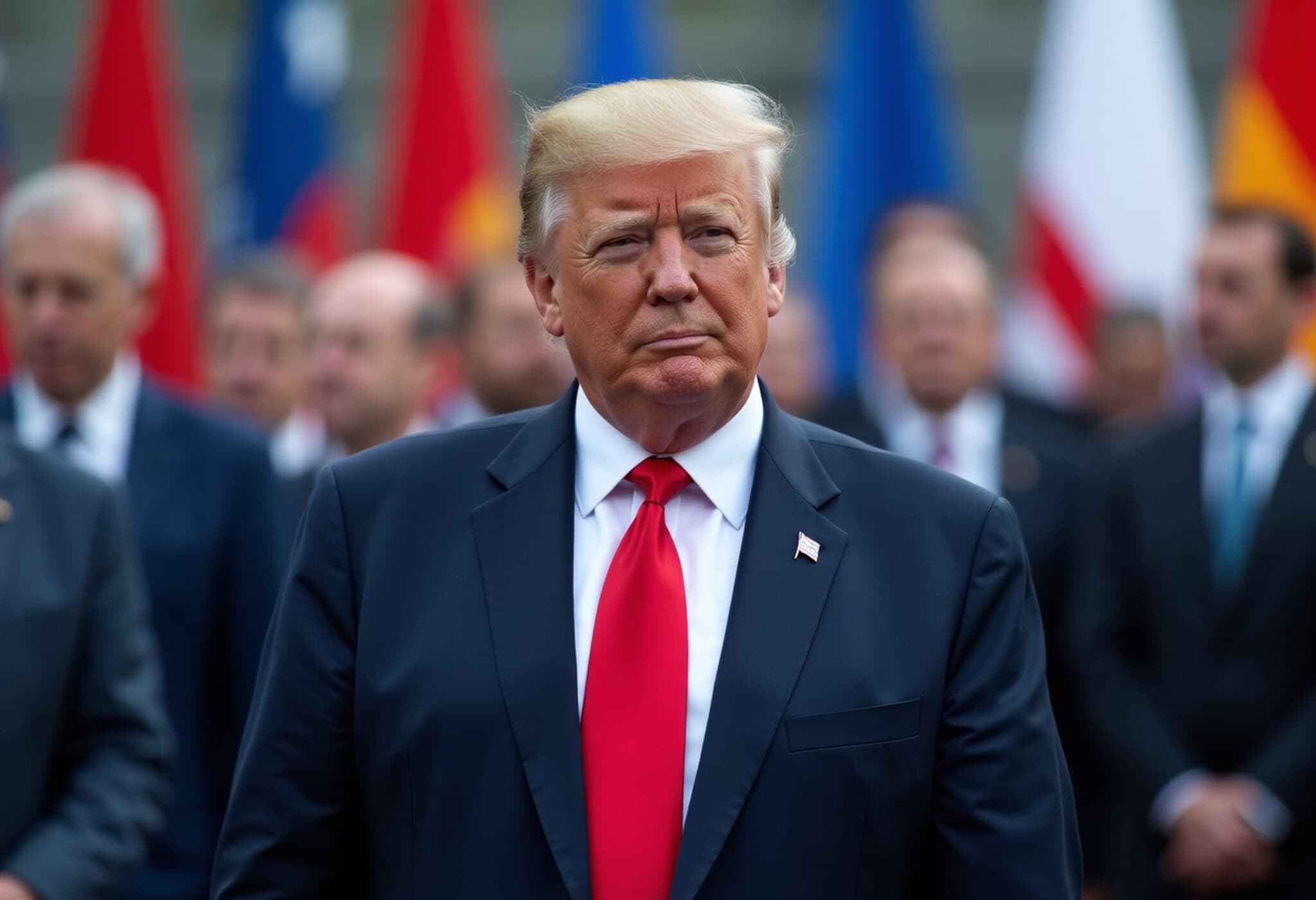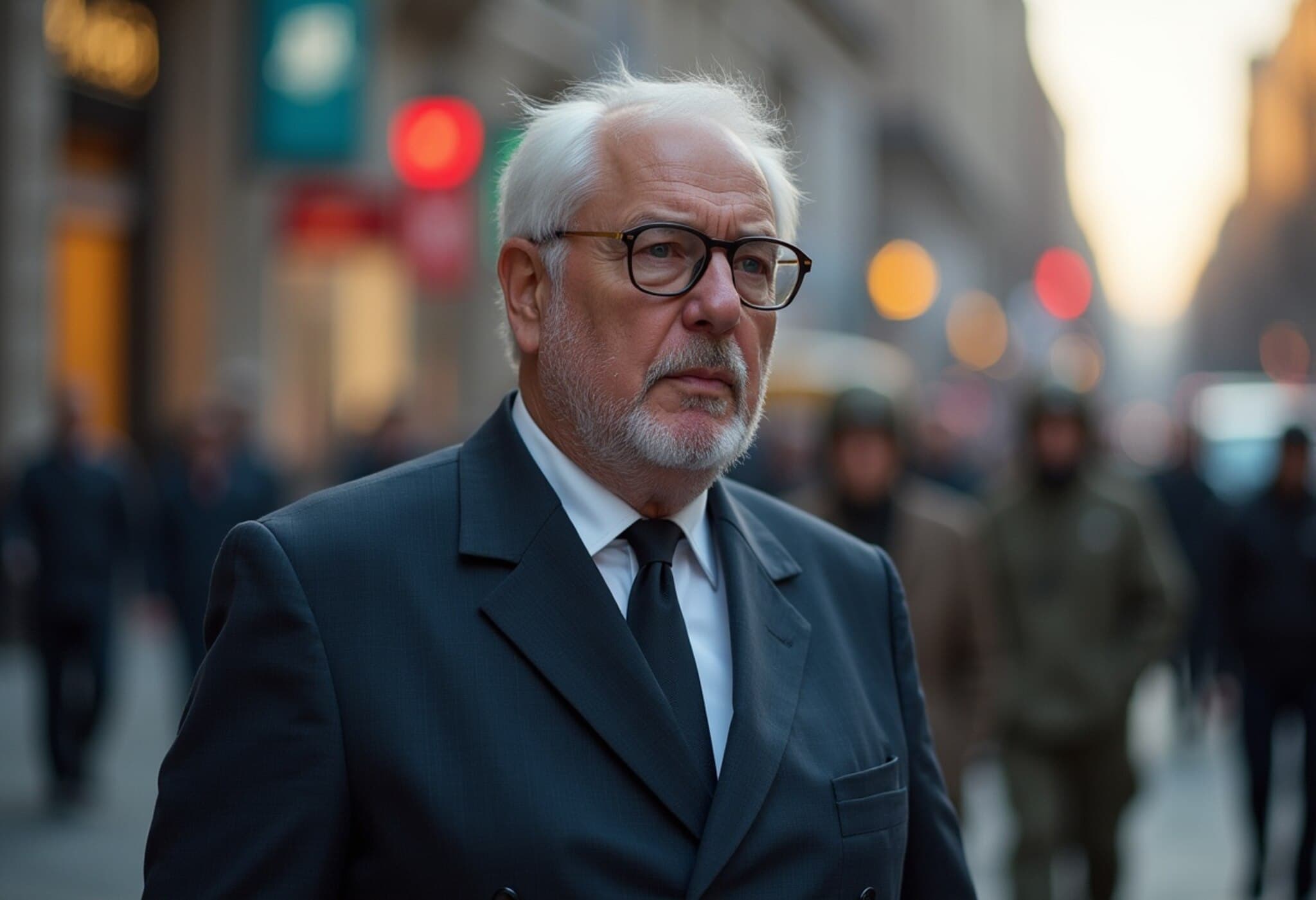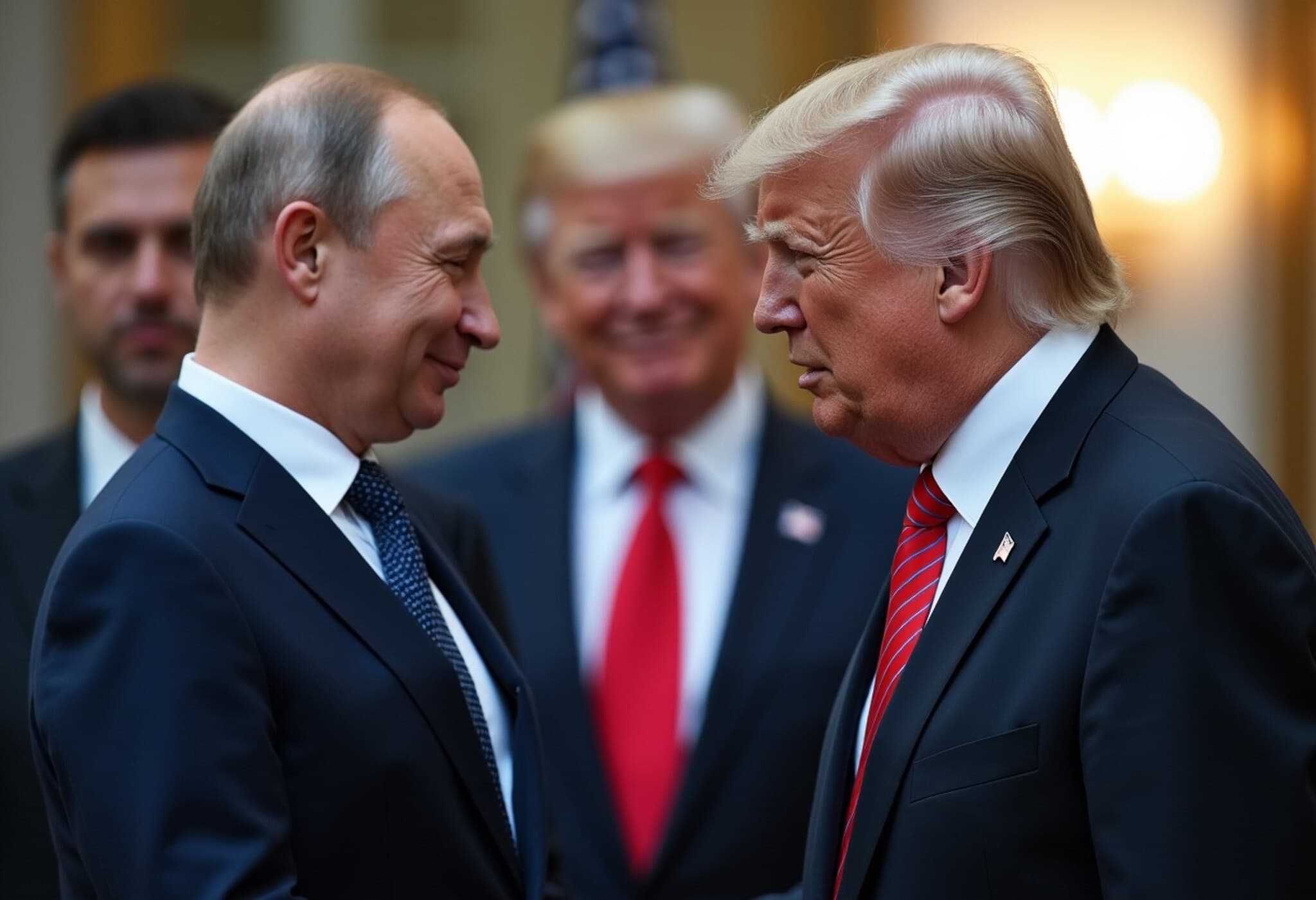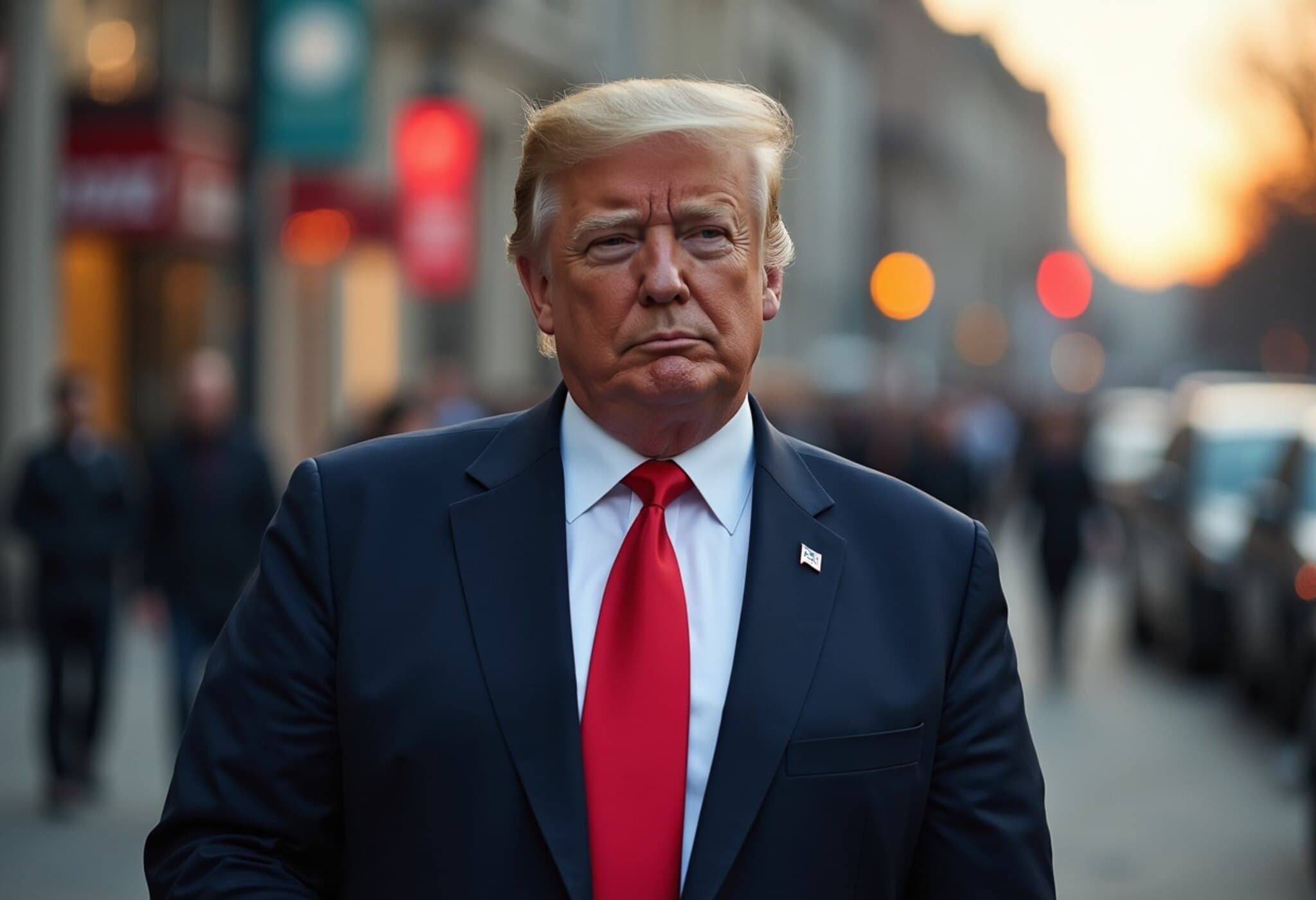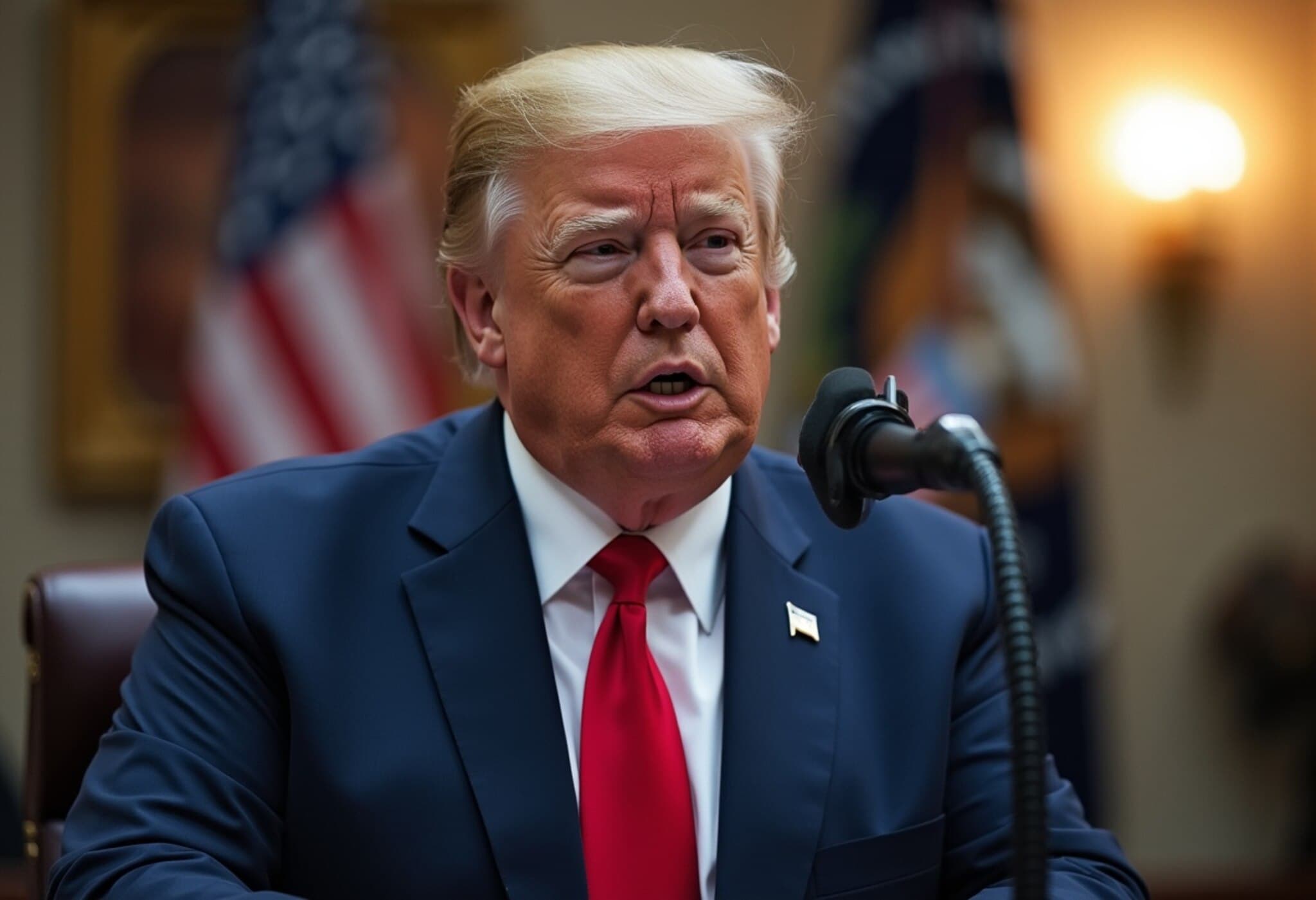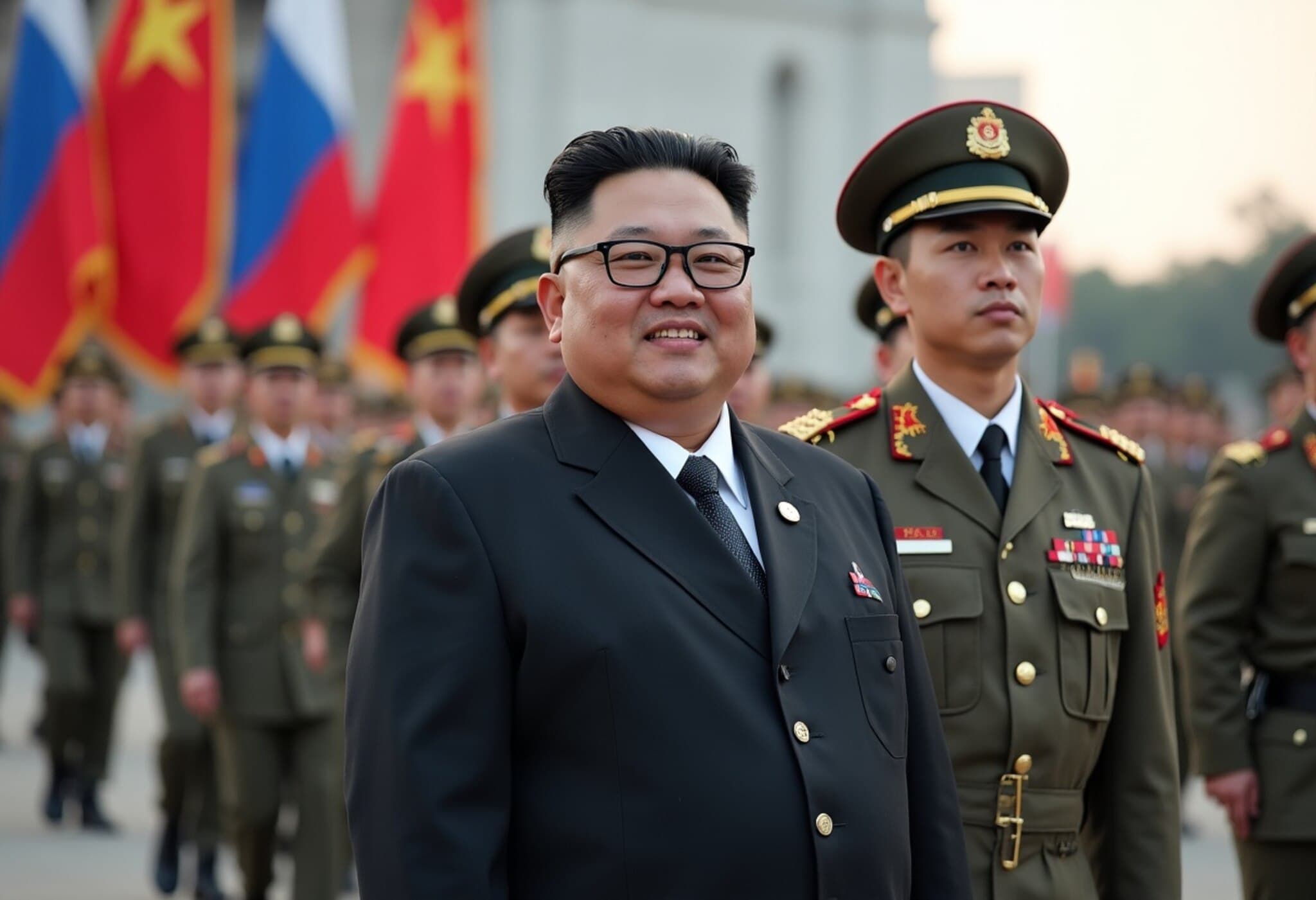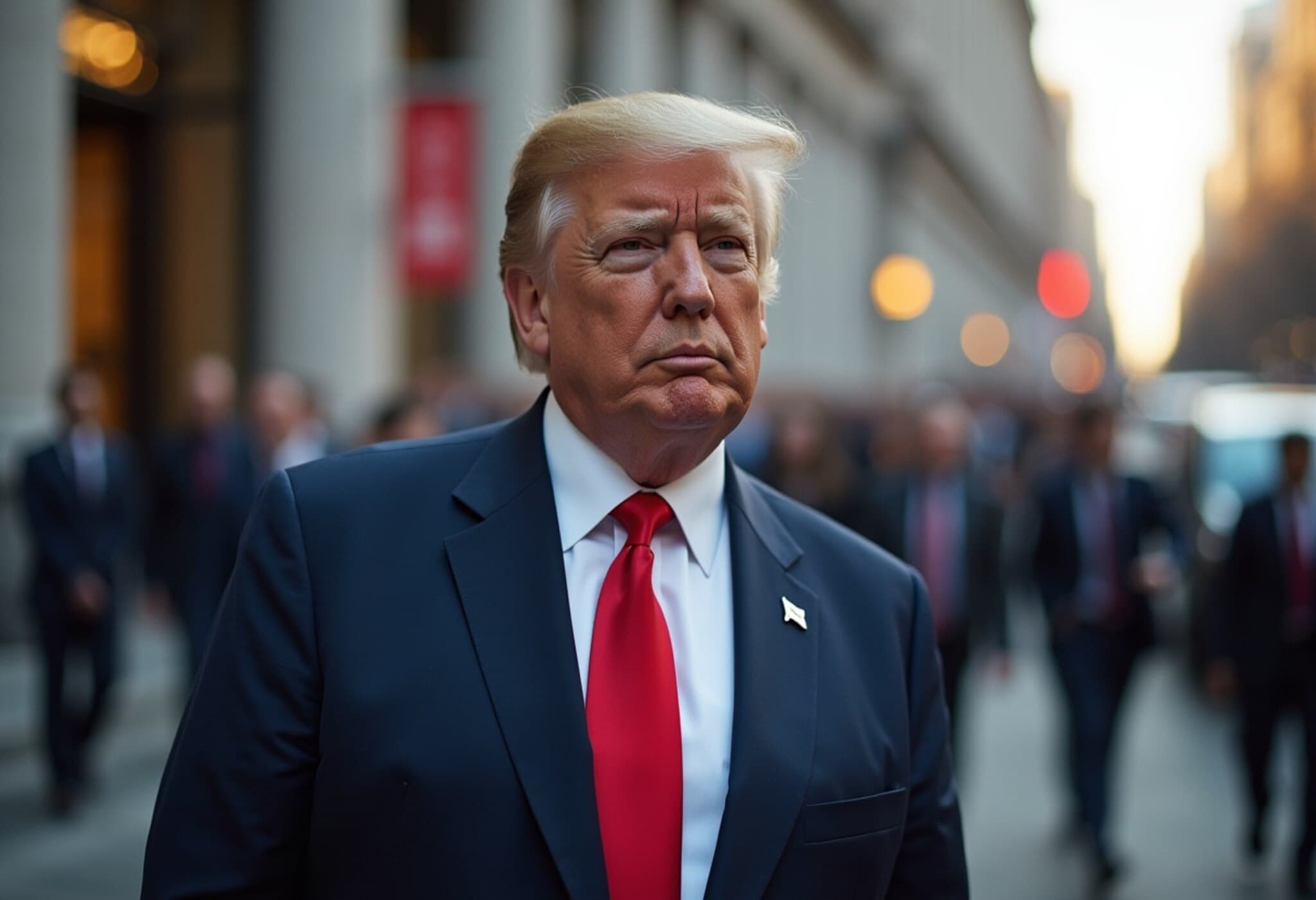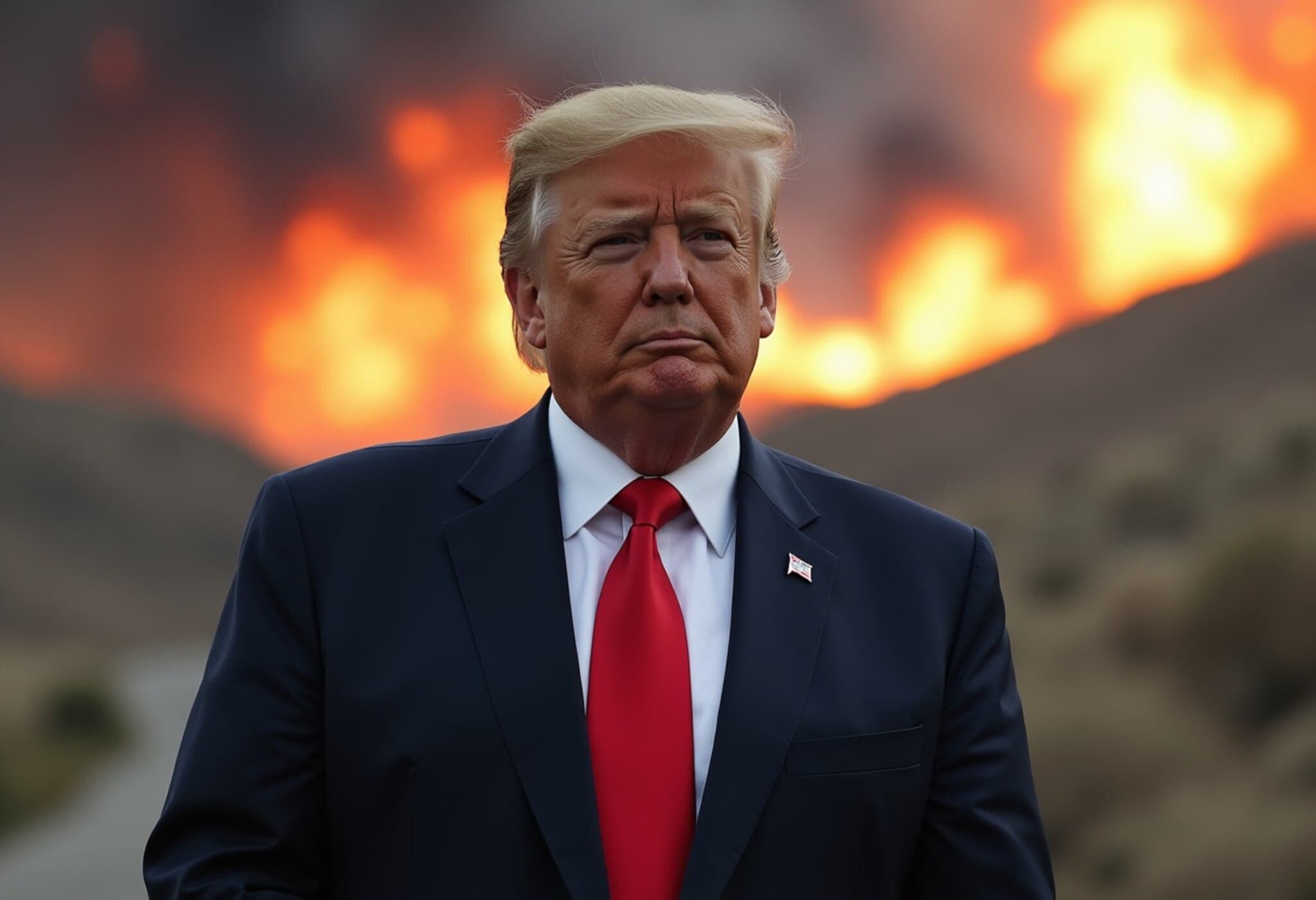Putin Assures Russia's Security Amid NATO's Military Spending Push
Amid escalating tensions linked to the ongoing Ukraine conflict, Russian President Vladimir Putin has confidently asserted that Russia is fully capable of defending itself against any perceived threats from NATO. Addressing the issue during a round-table discussion in St. Petersburg, Putin emphasized that NATO’s plans for military rearmament do not threaten Russian security.
"We do not consider any NATO rearmament to be a threat to the Russian Federation," Putin declared, highlighting Russia’s self-sufficiency in national defense capabilities. He further noted that Russia continues to modernize its armed forces and strengthen its defensive measures, making increased NATO military spending unnecessary and unproductive.
NATO Summit to Debate Defense Budget Hike
Next week, NATO leaders are set to convene in The Hague for a pivotal summit focused on defense investment. Under significant pressure from the United States administration, particularly from President Donald Trump, discussions will revolve around boosting defense expenditure to five percent of GDP among member nations. This move signals the Western alliance’s commitment to bolstering military readiness amid growing global uncertainties.
Ukrainian President Zelenskyy to Attend The Hague Summit
Ukrainian President Volodymyr Zelenskyy plans to participate in the upcoming NATO meeting on June 24, marking a critical moment for Ukraine on the international stage. His involvement reflects ongoing efforts to sustain allied support and push for a ceasefire in the protracted conflict with Russia. Sources close to the matter describe the meeting as a vital opportunity to reinforce backing for Ukraine's defense and diplomatic objectives.
Ukraine and US Discuss Joint Defence Investments
Amid the summit preparations, Ukrainian officials have engaged in high-level talks with their American counterparts regarding a joint investment fund established in May to support Ukraine’s defense projects. Kyiv’s First Deputy Prime Minister, Yulia Svyrydenko, revealed that discussions included participation from US Treasury Secretary Scott Bessent, underscoring broad international cooperation aimed at empowering Ukraine’s resilience.
North Korea to Deploy Workers for Kursk Reconstruction
In a surprising development, North Korea has agreed to send thousands of workers—including construction personnel, military brigades, and deminers—to assist Russia in rebuilding the war-damaged city of Kursk. Following talks in Pyongyang between Russian Security Council Secretary Sergei Shoigu and North Korean leader Kim Jong Un, the commitment reflects what Moscow describes as "fraternal assistance" from Pyongyang.
- A division of builders
- Two military brigades comprising approximately 5,000 personnel
- 1,000 deminers
Shoigu framed this deployment as a significant gesture of solidarity between the two nations amidst ongoing conflict challenges.
Conclusion
As NATO prepares to intensify defense spending and Ukraine seeks continued international support, Russia stands firm in its assertion of self-reliance for national security. Meanwhile, alliances and assistance flows—from Western powers to North Korea—highlight the complexity and depth of geopolitical maneuvering surrounding the Ukraine war.

